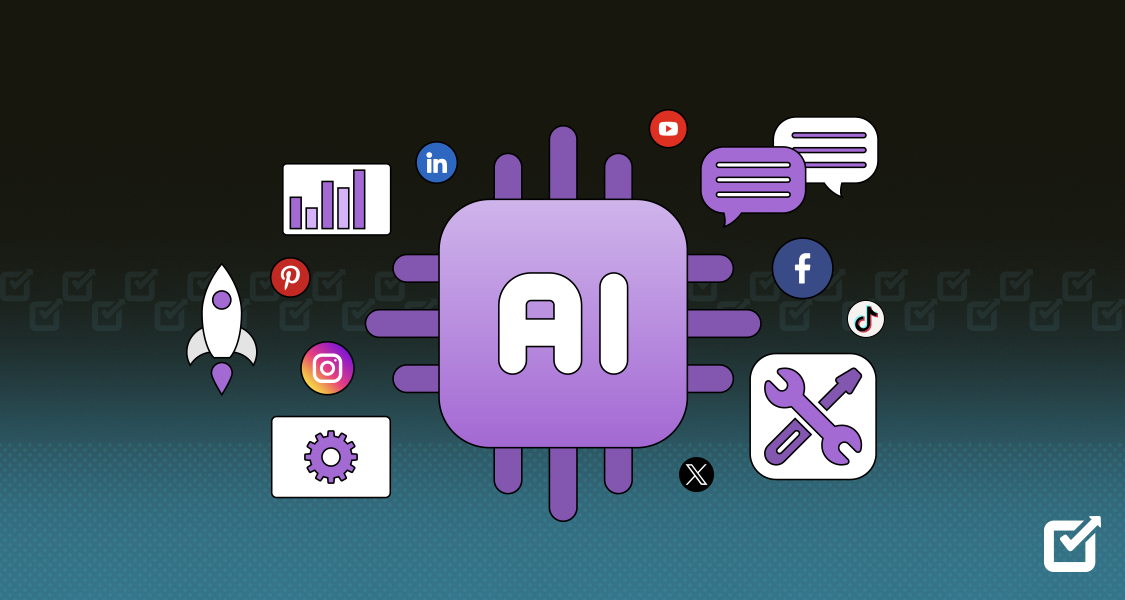
CRISPR Technology and Gene Editing: Revolutionizing Treatment Approaches
The development and refinement of CRISPR-Cas9 gene editing technology has sent ripples through the biotech industry. This revolutionary tool allows scientists to precisely target and alter DNA sequences, offering unprecedented possibilities for treating genetic diseases. Companies like CRISPR Therapeutics and Intellia Therapeutics are at the forefront of this revolution, developing therapies for conditions like sickle cell disease and beta-thalassemia. While still in early stages, the potential for curing previously incurable diseases using CRISPR is immense, sparking significant investment and research activity.
Oncology’s Transformation: Targeted Therapies and Immunotherapy
Cancer treatment is undergoing a radical transformation thanks to biotech advancements. Targeted therapies, designed to attack specific cancer cells without harming healthy ones, are becoming increasingly sophisticated. Companies like Genentech (a Roche subsidiary) and Amgen are developing and marketing a wide range of targeted therapies, leading to improved outcomes and reduced side effects for many cancer patients. Immunotherapy, harnessing the power of the body’s own immune system to fight cancer, is another area of significant progress. Companies like Merck and Bristol Myers Squibb are at the forefront of developing and delivering innovative immunotherapy treatments, significantly extending the lives and improving the quality of life for many cancer patients.
The Rise of Biosimilars: Affordable Access to Essential Medicines
Biosimilars, similar to but not identical to, existing biologic drugs, are becoming increasingly important in making essential medicines more affordable and accessible globally. Companies like Sandoz (a Novartis division) and Celltrion are leading the development and commercialization of biosimilars, offering lower-cost alternatives to expensive biologic drugs used to treat various conditions including cancer, rheumatoid arthritis, and autoimmune diseases. Increased availability of biosimilars holds the potential to expand access to life-saving medications for millions of patients worldwide who previously couldn’t afford them.
Personalized Medicine: Tailoring Treatments to Individual Patients
The concept of personalized medicine, where treatments are tailored to an individual’s unique genetic makeup and other factors, is gaining significant traction. Companies are investing heavily in developing diagnostic tools and therapies specifically designed for particular patient subsets. This approach promises to improve treatment effectiveness, reduce side effects, and optimize outcomes. Companies like 23andMe and AncestryDNA are contributing by providing genetic information that informs personalized healthcare decisions, while other large pharmaceutical companies are integrating this data into their drug development pipelines.
Artificial Intelligence (AI) and Machine Learning in Drug Discovery
The application of artificial intelligence (AI) and machine learning (ML) is revolutionizing the drug discovery process. These technologies are accelerating the identification of potential drug candidates, predicting their efficacy, and optimizing clinical trials. Companies are using AI to analyze vast datasets, identify patterns, and make predictions that would be impossible for humans to achieve alone. This is leading to faster and more efficient drug development, ultimately benefiting patients sooner.
Cell and Gene Therapies: Redefining Treatment Paradigms
Beyond CRISPR, the field of cell and gene therapies is expanding rapidly. Companies are developing therapies using stem cells, CAR T-cell therapies, and other advanced techniques to treat a range of conditions. These therapies offer the potential to cure diseases by repairing or replacing damaged cells or genes. While these treatments are often expensive and complex, the potential for long-term cures is driving significant investment and research in this area. Companies like Kite Pharma (now part of Gilead Sciences) and bluebird bio are leading the way in developing and delivering these groundbreaking therapies.
Challenges and Ethical Considerations in the Biotech Revolution
Despite the incredible progress, challenges and ethical considerations remain. The high cost of many new therapies creates accessibility issues, raising concerns about equitable access to healthcare. The ethical implications of gene editing and other advanced technologies require careful consideration and robust regulatory frameworks. These challenges require collaboration between biotech companies, governments, and healthcare professionals to ensure the responsible and equitable development and deployment of these groundbreaking technologies. Read also about biggest biotech companies







